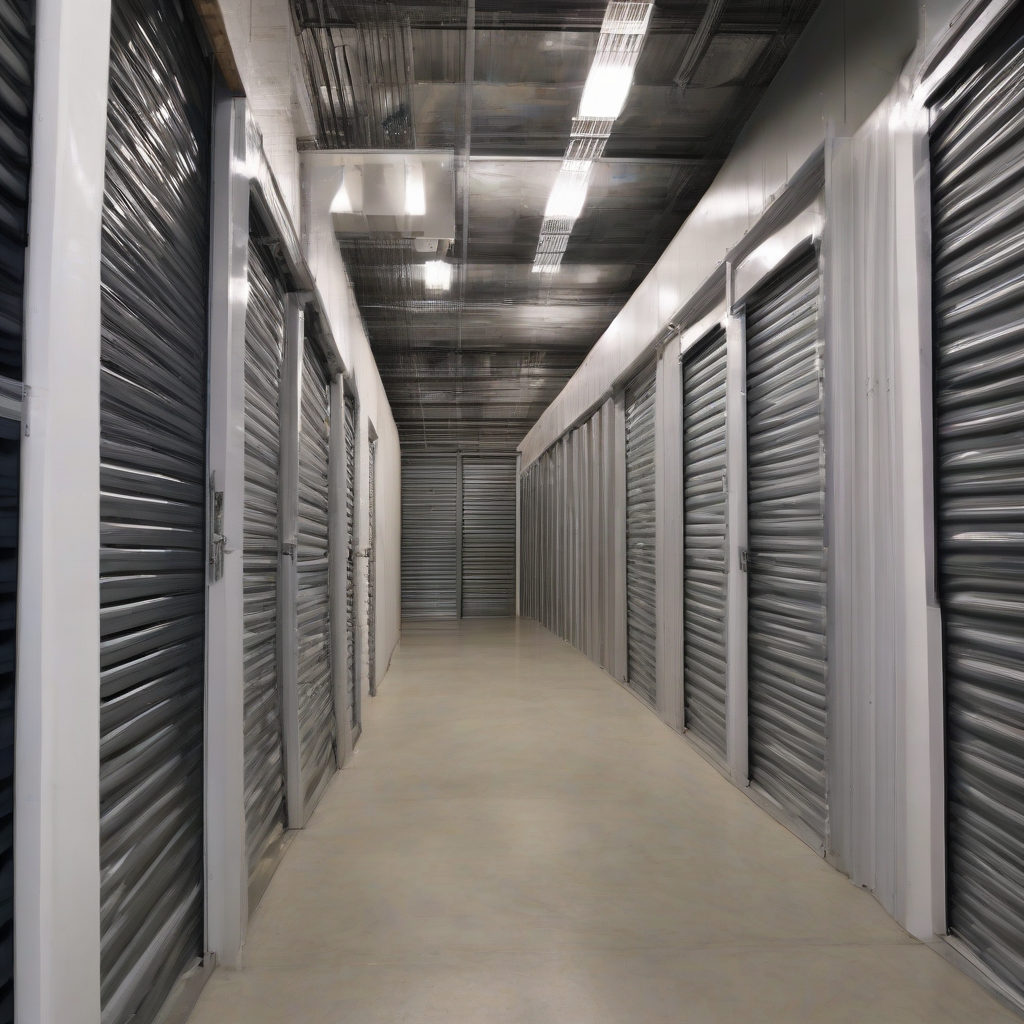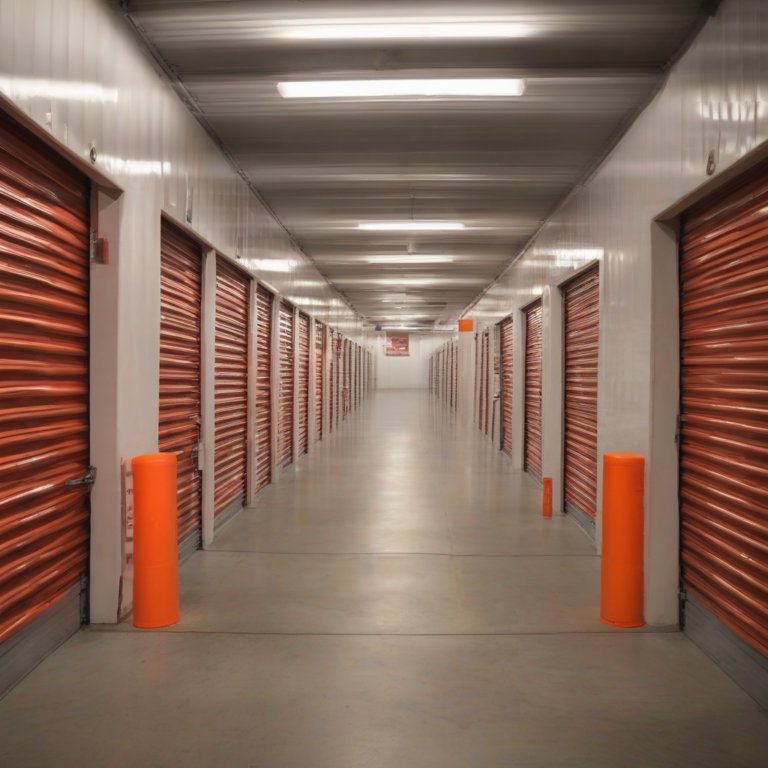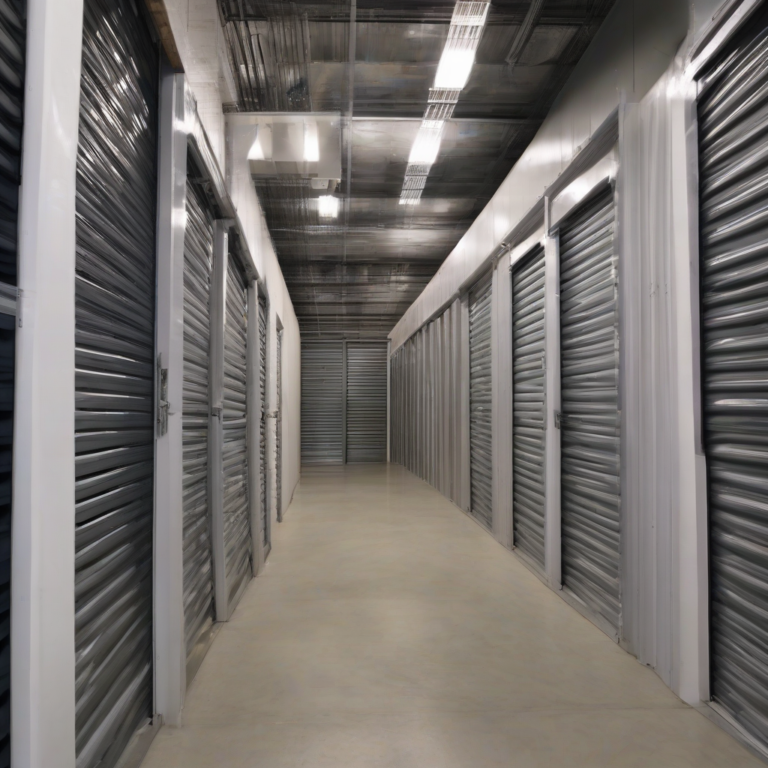
Your Guide to Finding the Perfect Storage Unit in Columbus, Ohio
Finding the right storage unit in Columbus, Ohio can feel overwhelming. With numerous facilities scattered across the city, each offering a range of sizes, amenities, and prices, the search can quickly become a daunting task. This comprehensive guide aims to simplify the process, providing you with valuable insights and tips to help you navigate the Columbus storage unit landscape and find the perfect fit for your needs.
Understanding Your Storage Needs
Before you begin your search, it’s crucial to assess your storage requirements. Consider the following:
- What are you storing? The type of items you’re storing will influence the type of unit you need. Are you storing furniture, documents, seasonal items, or something else entirely? Fragile items require climate-controlled storage, while less sensitive items may be suitable for standard units.
- How much space do you need? Measure the items you plan to store to get an accurate estimate of the required space. Storage facilities typically offer units in various sizes, from small lockers to large drive-up units. It’s wise to choose a slightly larger unit than you initially think you’ll need to accommodate unforeseen items or future storage needs.
- How long will you need the storage? Short-term rentals often come with higher per-month costs, while longer-term contracts may offer discounted rates. Be realistic about how long you’ll need the space.
- What amenities are important to you? Many storage facilities offer additional amenities such as climate control, 24/7 access, security features (like surveillance cameras and gated access), and moving supplies. Prioritize the amenities that are most important to you, as they will influence the cost and your overall storage experience.
- What’s your budget? Storage unit prices vary greatly depending on location, size, and amenities. Set a realistic budget before starting your search to avoid unexpected expenses.
Exploring Columbus Storage Unit Options
Columbus offers a wide variety of storage solutions, catering to diverse needs and budgets. Here are some key factors to consider when choosing a storage facility:
- Location: Choose a facility that’s conveniently located and easily accessible. Consider proximity to your home or workplace to minimize travel time and effort.
- Reputation: Read online reviews and check ratings from previous customers. Look for facilities with a consistent track record of positive feedback, indicating reliable service, security, and customer care.
- Security features: Security is a top priority when choosing a storage facility. Look for facilities with features such as:
- Secure gates and fences
- Surveillance cameras
- On-site management or security personnel
- Individual unit alarms (some facilities offer this as an optional extra)
- Accessibility: Consider the accessibility of the facility, especially if you’ll be frequently accessing your belongings. Factors to consider include drive-up access (allows you to drive directly to your unit), elevator access (for multi-story facilities), and the availability of carts or dollies.
- Climate control: If you’re storing sensitive items such as furniture, electronics, or documents, climate-controlled units are essential to protect against temperature fluctuations and humidity, preventing damage.
- Insurance options: Check what insurance options are available. Many storage facilities offer insurance to protect your belongings against loss or damage. Understand the facility’s liability and your own responsibility for insuring your stored items.
- Contract terms: Carefully review the terms and conditions of your storage contract, including the rental agreement, payment terms, and the facility’s policies on late payments, early termination, and access hours.
Finding the Best Deals on Storage Units in Columbus
Finding affordable storage can be challenging, but with some research and strategic planning, you can secure a good deal.
- Compare prices: Don’t settle for the first facility you find. Compare prices from multiple facilities in different areas of Columbus. Consider using online comparison tools to simplify the process.
- Negotiate: Don’t hesitate to negotiate the price, especially if you’re signing a long-term contract. Storage facilities often have some flexibility in their pricing.
- Look for discounts: Many facilities offer discounts for military personnel, students, or senior citizens. Inquire about any available discounts that may apply to you.
- Consider off-season rentals: Storage unit prices tend to be lower during the off-season (typically fall and winter). If your storage needs are flexible, consider renting during these months to save money.
- Check for promotions: Facilities frequently run promotional offers, such as discounts on first month’s rent or waived administrative fees. Keep an eye out for these deals.
Specific Areas in Columbus and Storage Options
Columbus is a sprawling city with diverse neighborhoods. Storage options vary depending on location. Consider the following areas and potential factors:
- Downtown Columbus: Expect higher prices due to high demand and limited space. Convenience is a major factor, but expect to pay a premium.
- University District: Close to Ohio State University, this area may see higher demand from students needing temporary storage solutions.
- Short North Arts District: Similar to downtown, expect higher prices in this vibrant and popular area.
- Northern Columbus suburbs: May offer more affordable options with slightly longer commutes to the city center.
- Southern Columbus suburbs: Similar to northern suburbs, this area might provide more budget-friendly options.
Tips for Protecting Your Belongings in Storage
Proper preparation is crucial to protecting your belongings during storage.
- Pack efficiently: Use sturdy boxes, label everything clearly, and fill boxes completely to prevent shifting during transport and storage. Heavier items should be placed at the bottom of stacks.
- Protect fragile items: Wrap fragile items carefully with bubble wrap or packing paper. Consider using specialized packing materials for particularly delicate items.
- Use moisture barriers: Place moisture-absorbing materials (like silica gel packets) in boxes to prevent mildew and moisture damage.
- Keep valuables separate: Store high-value items separately from less valuable items, and consider using additional security measures, like locking containers within your unit if the facility permits.
- Inventory your belongings: Create a detailed inventory of all items stored, including descriptions and photos, as this will be helpful for insurance claims or future reference.
- Regular inspections (if feasible): If possible, occasionally visit your storage unit to check on your belongings, ensuring everything is in good condition.
Moving Supplies and Services in Columbus
Moving can be a significant undertaking. Consider the following resources:
- Local moving companies: Columbus has numerous moving companies offering various services, from full-service moves to just providing moving trucks and labor.
- U-Haul and other rental truck companies: Rent a truck to move your belongings yourself, providing cost-effectiveness if you have help.
- Packing supply stores: Numerous stores across Columbus sell boxes, packing tape, bubble wrap, and other packing supplies.
Legal Considerations for Storage in Columbus
Understanding your rights and responsibilities as a storage renter is crucial.
- Review your contract carefully: Pay close attention to the terms and conditions of the rental agreement, especially concerning payment terms, access hours, and early termination fees.
- Understand your rights regarding access to your unit: Your contract should clearly define the hours you’re allowed to access your belongings.
- Understand the facility’s liability and insurance options: Determine the facility’s responsibility for damages or loss and explore their insurance options, and also consider your own insurance options to protect your property.
- Be aware of lien laws: Understand the laws regarding liens on stored property due to unpaid rent or other outstanding fees.




